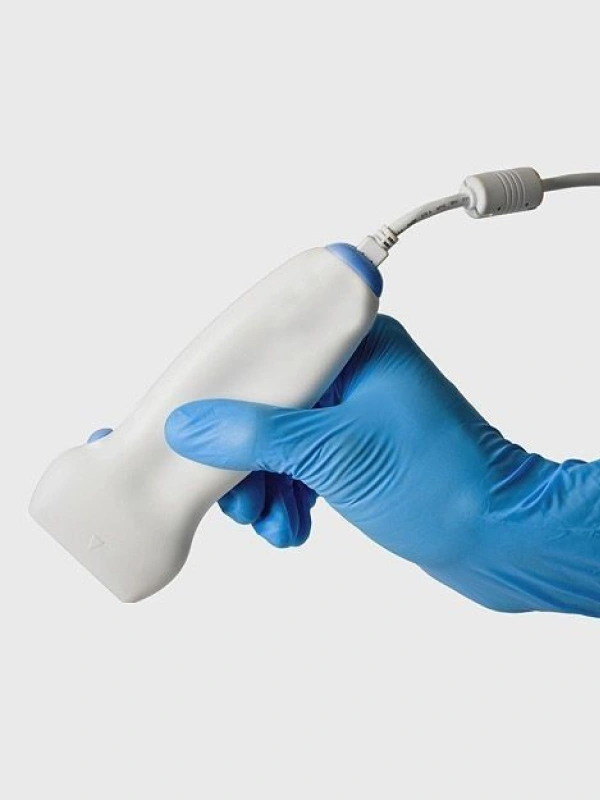Dubai
English
Request a call
How much fat should you eat per day?

Modern people have begun to pay more and more attention to health. Giving up bad habits has been replaced by a trend for proper nutrition and fitness or other types of amateur physical activity. At the same time, newly minted healthy lifestyle enthusiasts face a number of questions regarding their new life. In order not to quit at the very beginning of the journey, it is necessary to dispel the myths surrounding this topic.
The Role of Fats in the Weight Loss Process
A person’s daily diet consists of proteins, fats, and carbohydrates. We studied this material as part of the school biology course. As is well known, repetition is the mother of learning, so let’s return a bit to biological science. Let’s look at the issue of lipids in more detail. Fats are an integral part of the modern healthy eating system. A healthy lifestyle plays a key role in providing the human body with energy. It ensures the proper building and maintenance of cellular structures, as well as hormone production. The question of how much fat one should eat per day in order to lose weight worries many women and men. This concerns people who monitor their weight, engage in professional sports, go to the gym, dance, or strive for a healthy lifestyle.
How much fat should you eat per day for weight loss?
The amount of fat needed for a healthy average person depends on several factors. Every detail matters: age, gender, level of physical activity, presence of chronic diseases, and more. The World Health Organization and other medical organizations have averaged this data. In their opinion, fats should make up from twenty to thirty-five percent of total daily calorie intake. For a person consuming 2000 calories a day, this is approximately 44 to 78 grams of fat. It is important here to take into account the quality of the fats consumed.How much fat should you eat per day?
Fats are divided into several types, and not all of them are equally healthy.- Unsaturated fats, found in vegetable oils, nuts, avocados, and both lean and fatty fish, are considered the most beneficial, as they help lower "bad" cholesterol and support heart health.
- Saturated fats, found in animal products such as meat, dairy products, butter, and cheese, can be part of the diet, but their amount is recommended to be limited.

Features of Fat Consumption
The need for fats may vary depending on a person’s goals. For example, athletes and people leading an active lifestyle may require more fats to provide energy and support metabolism. For men and women striving to lose weight, it is important to maintain a balance between fat intake and overall calorie consumption. It is important to understand that completely eliminating fats from the diet can lead to negative consequences, such as hormonal disorders, deterioration of skin and hair condition, and weakened immunity. Therefore, the key aspect is balanced fat consumption, based on individual needs and the choice of healthy fat sources. The daily requirement for fats varies depending on many factors. Answering the question "how much fat should you eat per day?" it is important to take into account several aspects. It is known that on average it should make up twenty to thirty-five percent of the total calorie intake. The main rule is not only to monitor the amount but also to choose healthy sources of fats. This is necessary to maintain health.
How much fat should you eat per day when losing weight?
Want to lose weight for the long term? You need to pay attention to lipids. They provide good satiety and help absorb most vitamins. It’s important to correctly calculate the fat intake norm, taking into account the individual characteristics of the body.How to calculate?
- Determine your daily calorie intake for weight loss (usually a deficit of 10–25% from maintenance calories).
- Calculate 20–30% of this amount – that’s how many calories should come from fats.
- Divide by 9 (since one gram of fat equals nine calories) to find out the number of grams of fat.
Calculation example:
- Daily calorie intake for weight loss – 1600 kcal.
- 25% of that – 400 calories from fats.
- 400 divided by 9 equals ≈44 grams of fat per day.

What conclusion can be drawn from all of the above?
Fats play an important role in the process of losing weight. You cannot completely give them up in order not to harm the body. This is especially important for women of reproductive age. They may stop having menstrual cycles in case of fat deficiency, and may also start losing hair. One should approach the process of working on the body thoughtfully and preferably after consulting a doctor. If this is not possible, calculate your fat intake norm using special formulas. One of them was provided in this material. Our website features the following popular types of services:
Fill out the form to book your consultation.
Your personal manager will contact you within 10 minutes and arrange a convenient time for your visit.














